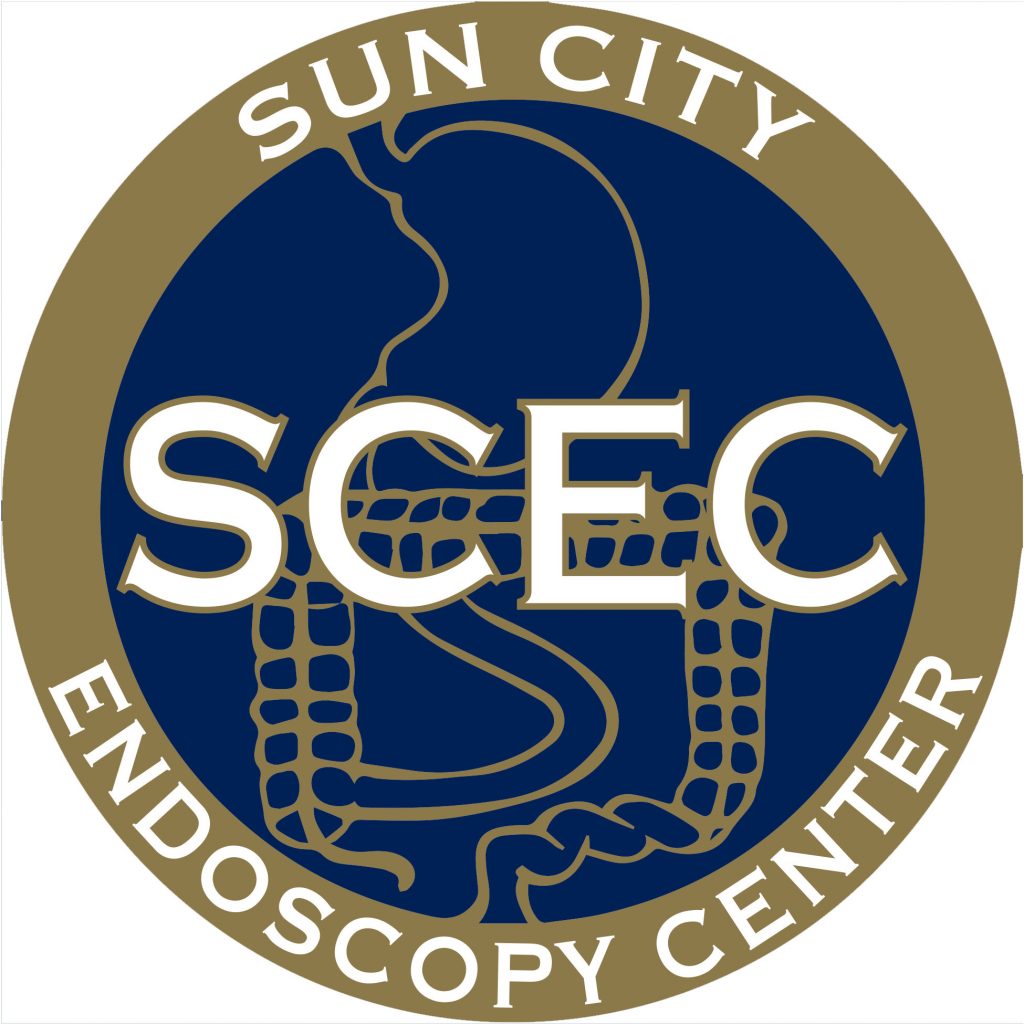Silent Reflux (Laryngopharyngeal Reflux)
Overview
Laryngopharyngeal reflux, also known as “silent reflux,” is another possible complication that may develop with chronic heartburn and acid reflux or gastroesophageal reflux disease (GERD). When the sphincter muscle at the end of your esophagus does not work properly, stomach acid can back up into the throat, the larynx or even your nasal passage. The acid causes inflammation in these areas, which are not equipped to protect themselves from gastric acid.
Silent reflux is more common among infants because their sphincter muscles are not fully developed, they have a shorter esophagus and they lie down most of the time. Silent reflux symptoms in adults are not the same as GERD because of the part of the anatomy the acid is affecting. The acid is targeting the larynx, rather than the esophagus, making the diagnosis more difficult because the symptoms present as a cough.
Symptoms of Silent Reflux
- Excessive throat clearing
- Persistent cough
- Hoarseness
- A “lump” in the throat that doesn’t go away with repeated swallowing
- A sensation of postnasal drip or excess throat mucus
- Difficulty swallowing (dysphagia)
- Trouble breathing
- Sore throat
When stomach acid pools in the throat and larynx, it can cause long-term irritation and damage. In adults, silent reflux can scar the throat and voice box. It can also increase risk for cancer in the area, affect the lungs, and may aggravate conditions such as asthma, emphysema or bronchitis. Because silent reflux symptoms affect the larynx rather than the esophagus, as with GERD, it is harder to diagnose and may go untreated. A doctor can diagnose silent reflux by performing specialized tests.
Tests to Diagnose for Silent Reflux
- Upper endoscopy- using a flexible tube to view the throat and vocal cords
- Esophageal pH (acid) Test- measure the amount of acid in the throat and esophagus over 24 hours
Silent reflux can be managed and treated in similar ways used to manage GERD. Certain lifestyle changes can be made to relieve these symptoms as well as some medications that can be used to control gastric acid.
Lifestyle Changes
- Maintain a healthy weight
- Quit smoking
- Avoid alcohol
- Restrict foods that may trigger acid reflux: chocolate, mints, fats, citrus fruits, carbonated beverages, spicy or tomato-based products, red wine and caffeine
- Avoid eating at least three hours before going to bed
- Elevate the head of the bed about four to six inches
- Avoid wearing tight-fitting clothes around the waist
- Try chewing gum to increase saliva and neutralize acid
Medications
- PPIs, also known as proton pump inhibitors, and H2 blockers to reduce gastric acid
- Prokinetic agents can increase forward movement of the GI tract and increase the pressure of the lower esophageal sphincter. These medications are not commonly used, however, because of their adverse effects on heart rhythm and bowel movements.
- Sucralfate to protect the lining of the esophagus, nasal cavities and throat
- Antacids to help neutralize acid
If these treatments alone aren’t effective in relieving silent reflux symptoms, your doctor may suggest a surgical procedure called a Nissen fundoplication.
